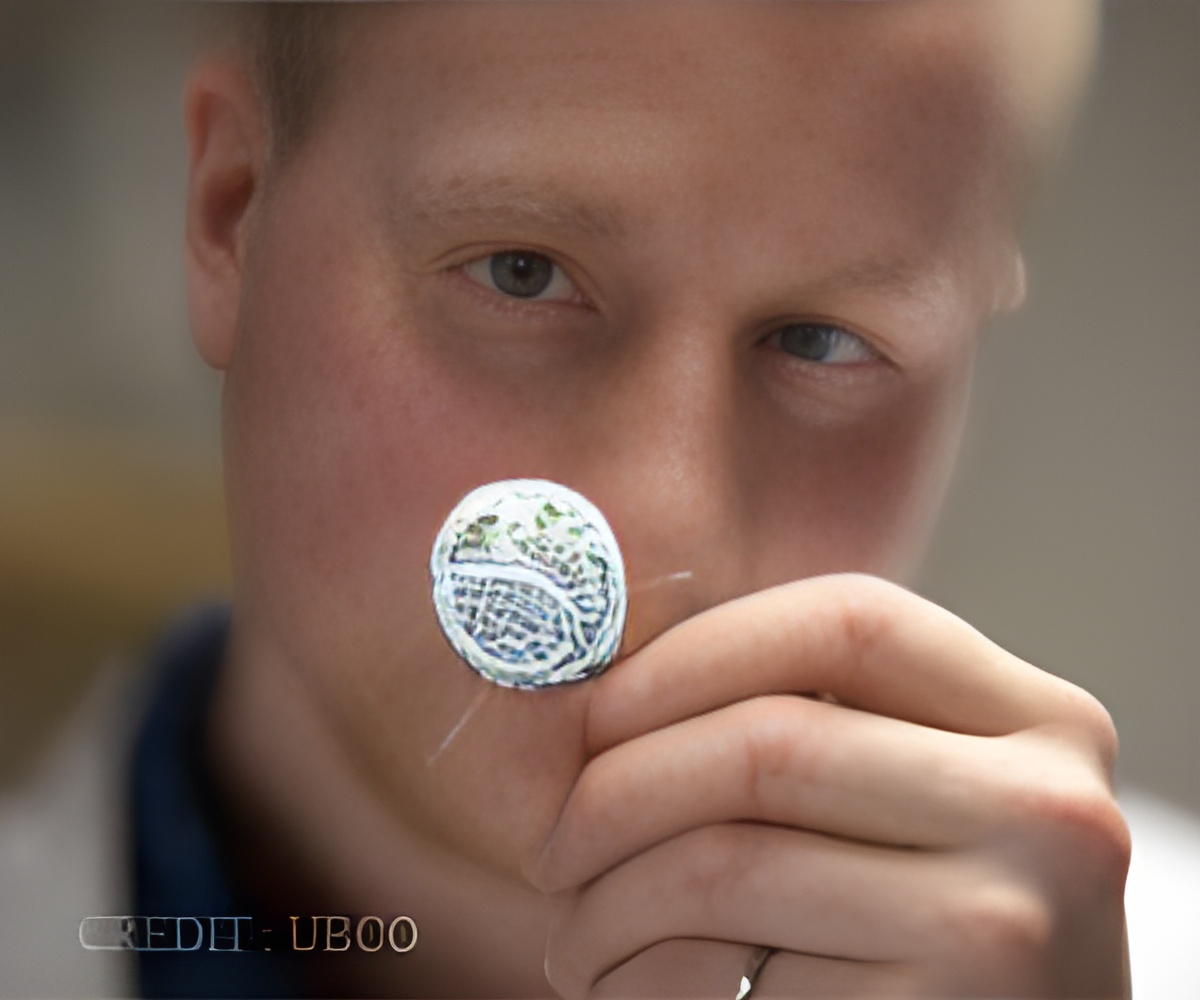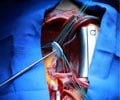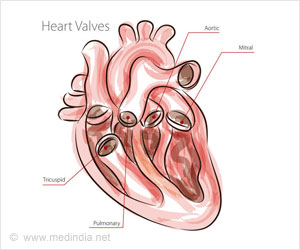New nanocomposite biomaterial heart-valve can reduce or eliminate complications related to heart transplants, reveals a new study.

‘New heart valve developed using naturally derived nanocomposites can reduce or eliminate complications related to heart transplants, thereby offering fresh hope for high-risk patients.’





Assistant Professor Hadi Mohammadi runs the Heart Valve Performance Laboratory (HVPL) through UBC Okanagan's School of Engineering. Lead author on the study, he says the newly developed valve is an example of a transcatheter heart valve, a promising new branch of cardiology. These valves are unique because they can be inserted into a patient through small incisions rather than opening a patient's chest--a procedure that is generally safer and much less invasive."Existing transcatheter heart valves are made of animal tissues, most often the pericardium membrane from a cow's heart, and have had only moderate success to date," explains Mohammadi. "The problem is that they face significant implantation risks and can lead to coronary obstruction and acute kidney injury."
The new valve solves that problem by using naturally derived nanocomposites--a material assembled with a variety of very small components--including gels, vinyl, and cellulose. The combination of their new material with the non-invasive nature of transcatheter heart valves makes this new design very promising for use with high-risk patients, according to Mohammadi.
"Not only is the material important but the design and construction of our valve means that it lowers stress on the valve by as much as 40 percent compared to valves currently available," says Dylan Goode, a graduate researcher at the HVPL. "It is uniquely manufactured in one continuous form, so it gains strength and flexibility to withstand the circulatory complications that can arise following transplantation."
Working with researchers from Kelowna General Hospital and Western University, the valve will now undergo vigorous testing to perfect its material composition and design. The testing will include human heart simulators and large animal in-vivo studies. If successful, the valve will then proceed to clinical patient testing.
Advertisement
The new design was highlighted in a paper published in the Journal of Engineering in Medicine with financial support from the Natural Sciences and Engineering Research Council of Canada.
Advertisement














